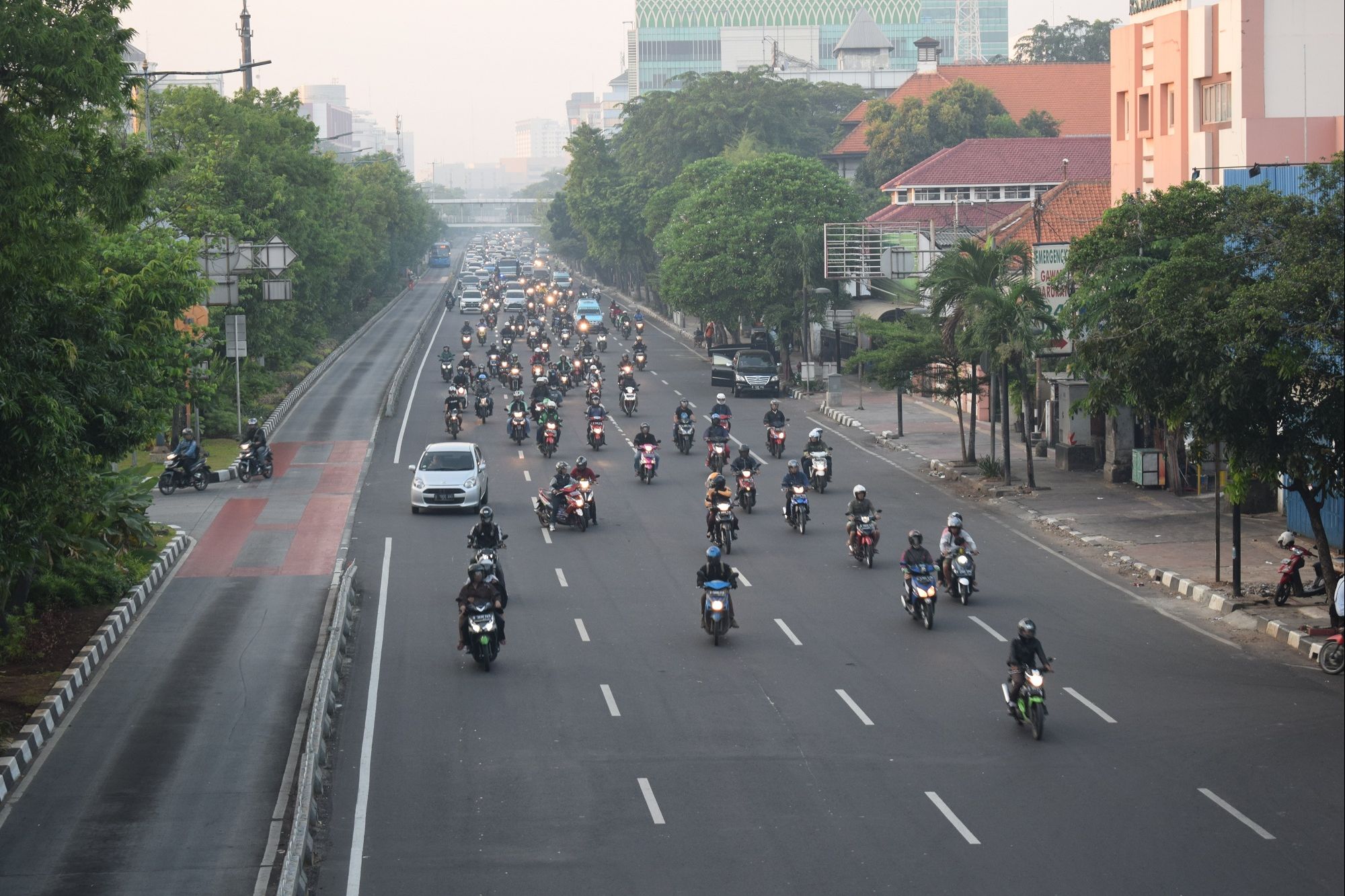What Makes Indonesia the Fastest Rising E-commerce Country The sector has enabled entrepreneurs to reach new customers and grow online by reducing hurdles for entry and allowing easy scalability
By Pooja Singh
Opinions expressed by Entrepreneur contributors are their own.
You're reading Entrepreneur Asia Pacific, an international franchise of Entrepreneur Media.

A little more than 10 per cent of Indonesia's 270 million people are believed to indulge in online shopping. But with the rise in income and penetration of Internet, the trend is expected to pick up speed. Within the next three years, Indonesia will have 44 million online-commerce shoppers, with an estimated worth of $55 billion to $65 billion, according to McKinsey. Another report, by Google and Singapore's sovereign wealth fund Temasek, says the market will be worth $53 billion by 2025.
What's more, the government's recent decision to withdraw implementation of PMK 210/2018, a regulation to tax e-commerce transactions that was first announced in January, has become a matter of celebration for the sector, which is on its way to become a bigger giant.
Where Opportunity Lies
With an estimated online population of 103 million who are currently spending an average $228 online, Indonesia has become one of the world's fastest growing in terms of e-commerce revenue and interest.
The "PPRO High-Growth Market Reports 2018" named Indonesia as the fastest growing e-commerce market with a current value of $7.2 billion.
A report by card and account comparison service Merchant Machine says last year Indonesia recorded growth of 78 per cent, with travel and clothing as their dominant sectors for spending.
Consumers in Indonesia, especially those in the non-urban areas, have enjoyed a more affordable quality of life owing to e-commerce.
A 2018 study by McKinsey & Co says, in addition to increasing revenue, online commerce can unlock broader social impact. "The Digital Archipelago: How Online Commerce is Driving Indonesia's Economic Development" report states online commerce has led to a savings of 11 to 25 per cent compared with traditional retail for customers outside the main island of Java. In these locations, online commerce circumvents extremely high distributor inventory costs (low retail volumes spread over large geographies), but there is also substantial variability because of uneven development of local distributor networks and differing costs of parcel shipments (for example, to remote areas), says the report.
In the Java region, where savings range from 4 to 14 percent, distribution networks are already highly developed, so savings are lower than in other parts of the country. Still, savings are substantial in dense urban areas because physical retailers face higher costs for land and labor and parcel shipping costs are low because logistics hubs are nearby, it adds.
More than 55 per cent of online commerce spending in Indonesia come from greater Jakarta, where the online retail market is more mature than in other regions. Online spending in Jakarta, as a percentage of household spending, is four times higher than in the rest of Java and 10 times what it is outside of Java. Provinces outside of Jakarta have about a 10-percentage point higher rate of new spending than Jakarta does. As online commerce reaches beyond greater Jakarta, offering better choices and prices, the rate of new consumption may grow beyond 30 per cent, the report predicts.
Beyond Money
Online commerce has also had a significant impact on the Indonesian society. It has empowered women, facilitating their participation in the economy.
Online commerce in Indonesia, the McKinsey report says, has a socioeconomic impact in four areas: financial benefits, job creation, buyer benefits, and social equality. Every $1 shifted from offline retailing to online commerce generates about 30 cents of new consumption and saves consumers 10 cents. "In addition, in the next five years, we expect six times the number of parcels shipped by online businesses, nine times the number of cashless payments, six times the online-related service jobs, twice as many online MSMEs, and twice as many online buyers as in the entire history of Indonesia."










